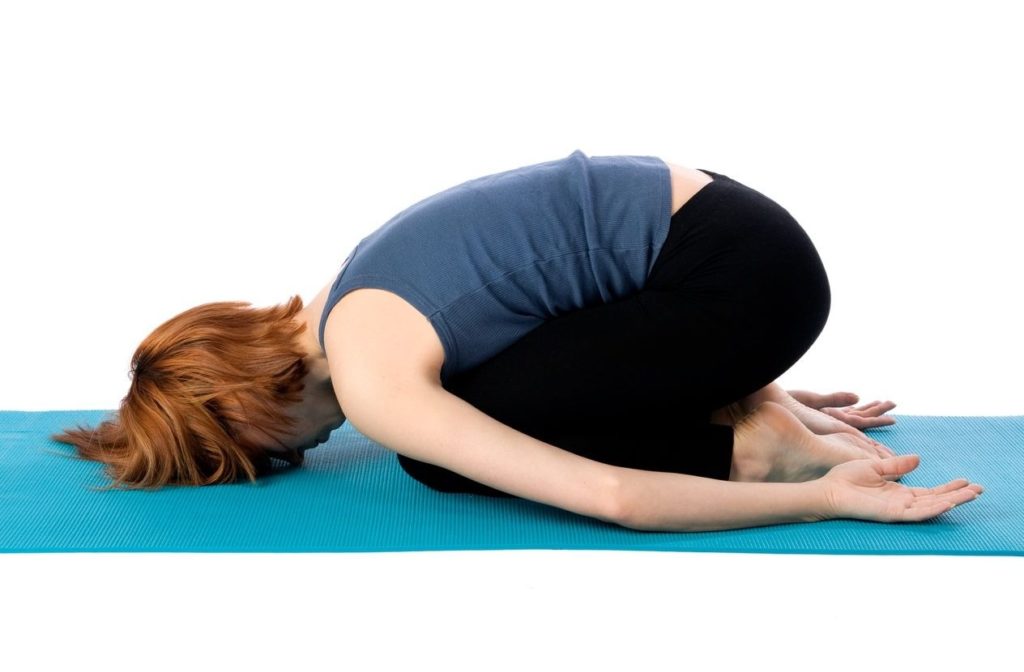Intercostal pain, stress and anxiety: what to do?
Caution : You must consult your doctor for your health. This page presents only a personal and alternative point of view which should not be considered as an attempt to prescribe medicine.
The intercostal muscle plays a major role in stabilizing the upper body and is also necessary for breathing.
The intercostal muscles have three layers: the outer layer, the inner layer and the inner layer.
Certain activities and disorders cause tension or pain in the layers of the ribs.

Shortness of breath and a stiff chest are some of the other possible symptoms of muscle pain between the ribs.
Mild intercostal pain treats the patient at home with rest and a mild pain reliever.
In case of moderate to severe pain in the interstitial muscle that does not respond to open-access pain relievers, it is recommended to see the doctor as soon as possible.
Causes of intercostal pain?
Different causes are known for pain in the ribs: rib injury from sports, rib overload due to extreme yoga posture, dancing posture, playing tennis, golf and golf other sports that require powerful twists, a direct hit to the rib cage, such as in a car crash or a rotating muscle fall when lifting heavy objects such as weightlifters.
The patient may experience sharp pain in the upper back and ribs.
The pain becomes severe when the patient tries to stretch or twist the ribs or when they cough, sneeze, or breathe deeply.
Muscle cramps or muscle stiffness in the region of the interstitial muscle are also possible.
In addition, the area between the ribs is sensitive.
The chest is stiff.
Some patients also have difficulty breathing and shortness of breath which causes constant stress and anxiety.
A person's psychological issues can also be the cause of intercostal pain.
Those who tend to suffer from anxiety disorders may experience intercostal pain caused by muscle contractions caused by anxiety.
When people experience chronic stress or anxiety, the tension is transmitted to the back muscles and it becomes difficult for the patient to stand or sit for long periods of time due to intercostal pain.
Often times, these causes haunt people with sedentary lifestyles, high stress levels, and suppressed aggression.
Difficult or blocked deep breathing
Avoid deep breathing, for example because this action increases intercostal pain, can lead to the development of pneumonia and / or lung infections.
That is why rib fractures and cracks require proper treatment.
In fact, if not, the pain caused makes the act of deep breathing very painful, almost unbearable, which predisposes to the onset of inflammatory or infectious lung problems.
Learn to breathe with your diaphragm to soothe intercostal pain.
The diaphragm moves every time you breathe.
However, it could be that due to stress and the resulting chest breathing, your diaphragm is used less and less and even gets stuck.
With this breath, you can loosen the diaphragm.
This breathing helps you to function much more smoothly because you are living more in flux.
If you often breathe shallowly with only the upper part of your lungs, it feels like chronic panic to your body and mind.
You naturally breathe as shallowly as in life-threatening situations.
Loris, Breathing Coach will teach you breathing and rehabilitation exercises.
Deep breathing is necessary to improve the situation and reduce the risk of infections and pneumonia.
Diaphragmatic breathing is one of the best ways to deal with intercostal pain associated with stress and anxiety resulting from shallow chest breathing.
❤ The ultimate guide to breathing
Intermittent Breathing : Discover the method to quickly relieve your anxiety and chronic fatigue (positive effects from the first use).Read also :
Previous article : Hypertension: how to reduce your blood pressure?
Next article : How to regenerate with slow and deep breathing?

